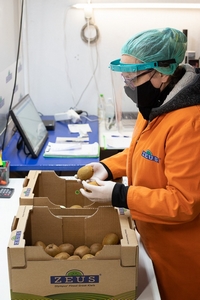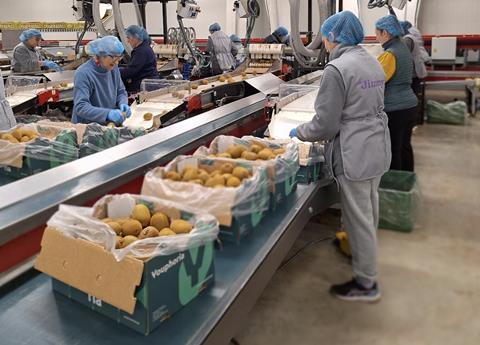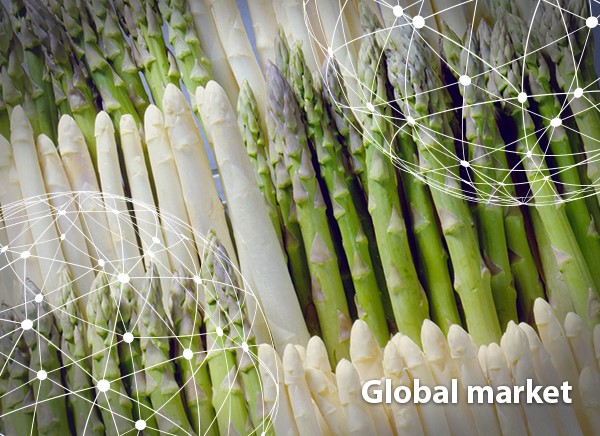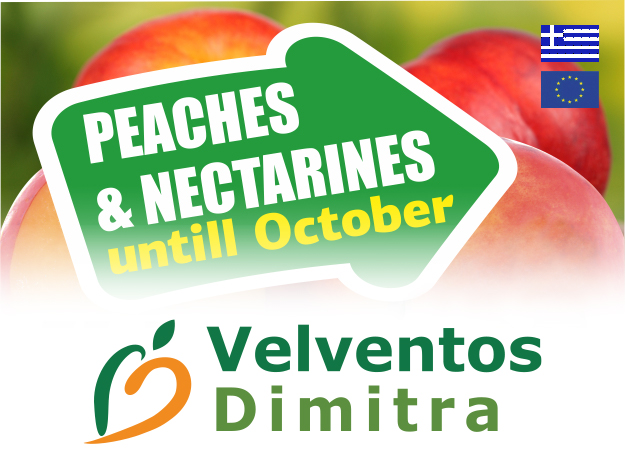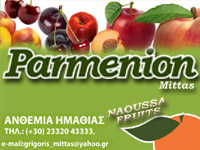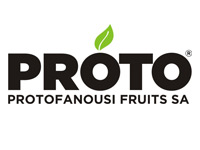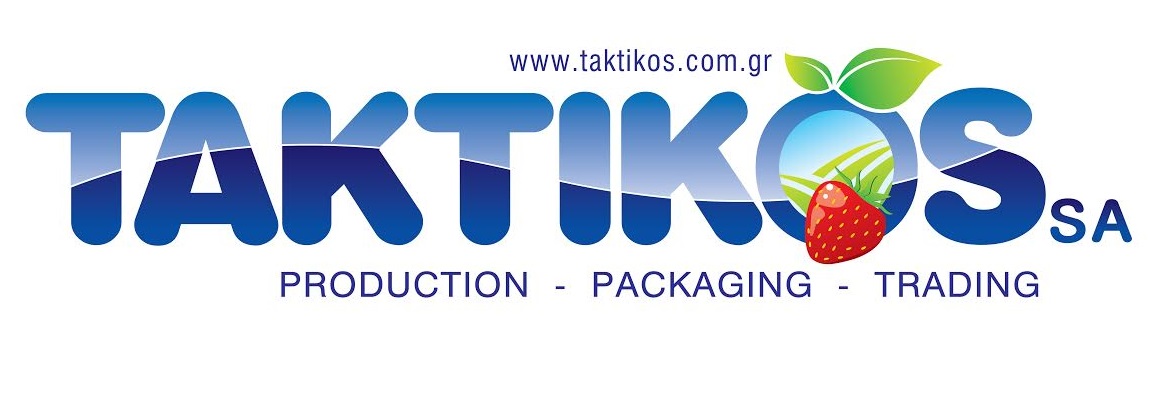
Currently, the Greek market has run out of local almond stocks, so it turns to imports. “The majority of imports come from Spain. Prices for first-quality almonds delivered to the importer are standing at about 6 euros/kg,” Mr. Balestravos notes.
The new Greek almonds will reach the market in the second week of September: “The Greek almond harvest is underway across Greece, with the majority of the crop consisting of the Texas, Fyrania, and Tuono varieties. Nuts will start departing from the packing stations during the second week of September. Speaking with growers from both the northern and the southern cultivating zones, I assess that the crop will decrease by about 30% compared to last season, due to the impact of the spring frost.”

Greek almonds are far more expensive than those of other origins. “Though Greek almonds can cost twice as much as imported ones, local products are largely preferred in the Greek market. On the other hand, this makes exports difficult. On our part, we export to Germany and Sweden, where the higher incomes of the people make our product affordable,” says the owner of Carpebo.
Finally, Mr. Balestravos notices a wide expansion of almond cultivation in Greece. “New plantings are taking place all over Greece, but I would say that the Peloponnese stands out. The varieties chosen for new plantations are mostly Spanish hybrids like Guara and Avijor,” the Greek merchant concludes.
For more information:
Christos Balestravos
Carpebo
Tel: +30 2541 200 900
Email: info@carpebo.com
https://carpebo.com/en/




